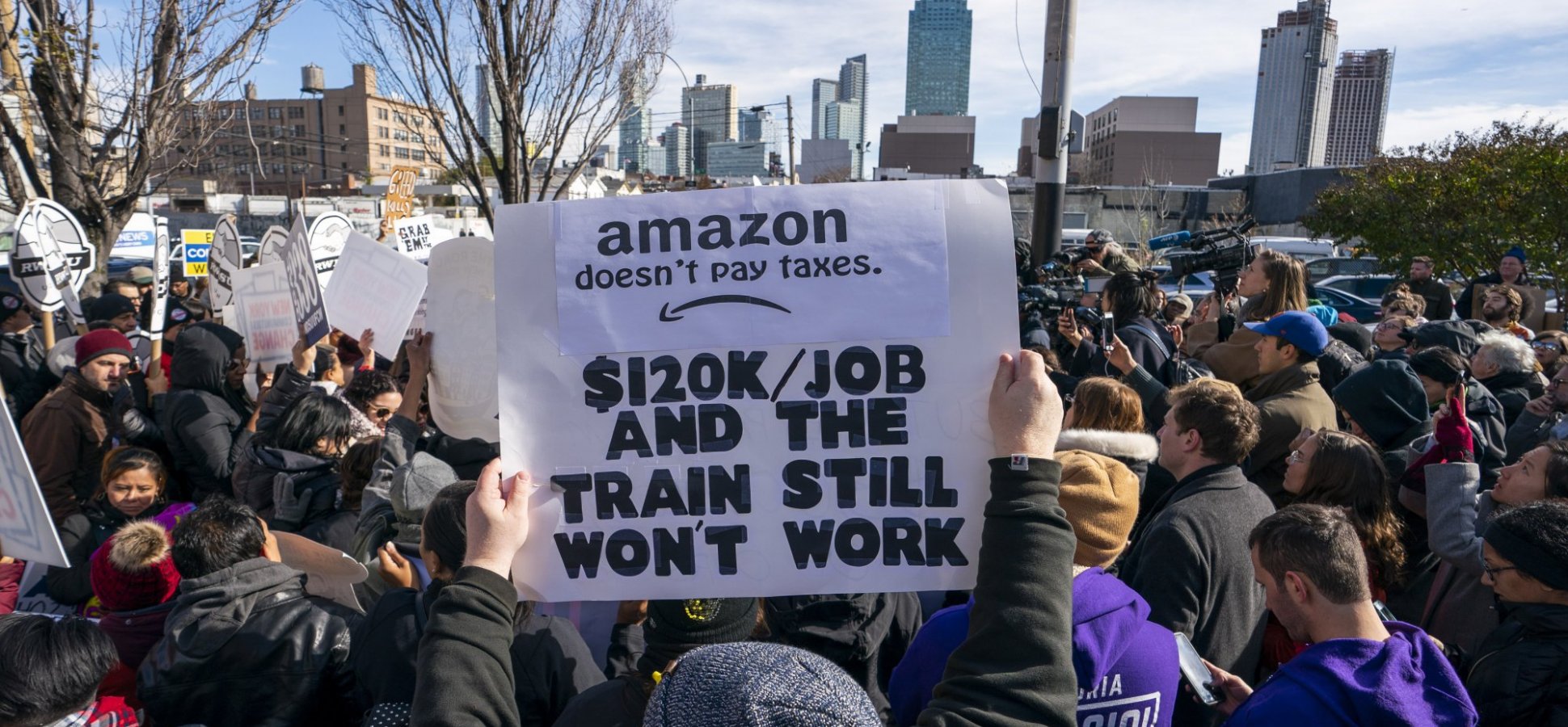Congratulations to our Spring 2021 High School Essay Contest runner up, Adam Hosein!
ADAM HOSEIN – SEPTEMBER 25TH, 2021
The coronavirus pandemic has created a paradigm shift in the way that the world operates. Due to the challenges imposed by this crisis, billions across the world have adapted their lifestyles, resulting in changes to the way the global economy functions. One of the key changes due to the pandemic has been a substantial increase in the amount of people remotely working. Many companies have started considering allowing their employees to work remotely full-time even after the pandemic. These changes will inevitably result in long-run economic impacts due to the money that companies and employees will be able to save, changes in employee productivity, and the potential increase in income inequality.
Primarily, the prospect of employees continuing to work from home may be a result of a strategic decision that companies make to reduce their long-term costs. For example, companies will no longer need to spend money on providing a physical workplace. This poses a threat to big-city centers that have traditionally relied on the traffic of workers entering their cities (Siripurapu). If this continues in the post-COVID world, this can lead to less tax revenue for city budgets. For example, before the pandemic, New York City was the largest commuter hub largely due to people commuting to their offices. Now, the majority of these workers are working remotely, leading to less spending within New York because of the reduced foot traffic. The reduced spending has led to the city losing $2.5 billion in tax revenue (Cagnassola). This is noteworthy because if cities continue losing tax revenue because of reduced foot traffic, this could harm local governments’ ability to provide services necessary for assisting the poor.
Another ramification of remote-work is the prospect that less money would be spent on transportation. For example, businesses will no longer need to spend money to send their employees to events like business conferences. This could harm economic sectors including the airline and hospitality industries. According to Brian Olsavsky, the CFO of Amazon.com, the company was able to save $1 billion in transportation costs due to remote work (Tanzi). Evidently, the reduced demand for hotels, airplanes, and restaurants due to reduced travel will have the potential of increasing profits by cutting spending for companies in the long-term. It is also important to consider the impact of the change in the demand for oil. After all, as fewer people buy gasoline due to remote work, gasoline will not be needed as frequently as it was before the pandemic. This suggests that the fossil fuel industry will suffer due to reduced demand for gasoline.
Additionally, the change in employee productivity resulting from remote work will have a distinct global economic impact. According to a survey, 32% of managers reported an increase in employee productivity with remote work during COVID lockdowns (Ozimek 4). If companies continue to observe an increase in productivity, this will likely lead to more companies providing remote work opportunities. Also, an increase in productivity indicates that companies will become more efficient, thus maximizing profits. However, it is possible that remote work may have an adverse effect on productivity. For example, a study by Dr. Jena Lee finds that due to social disconnection through video-conferencing, people feel burnt out and fatigued with work more easily (Lee). This burnout can be harmful for long-term productivity, and may reduce profits for companies in the long-run. In an interview with the New York Times, Satya Nadella, the chief executive of Microsoft, stated he desired to reopen office spaces to prevent this burnout that could harm productivity.
It is also important to note that there are disparities between the poor and rich that could be exacerbated by remote work. According to a study by Stanford University, only 51% of survey respondents (mainly high-earning white-collar workers) report being able to efficiently work remotely. The study also finds that 65% of Americans have fast enough Internet to adequately use video conferencing (Wong). If industries continue to provide remote work opportunities, higher income people would gain more access to opportunities that lower income people would struggle to take advantage of due to disparities in Internet access.
Therefore, it is evident that expanded remote work opportunities have mixed long-term economic effects for companies and employees. In a post-COVID economy with widespread remote work, companies and employees will save more money while potentially improving their efficiency. However, the benefits of remote work may be counteracted by the harms including resulting mental health issues that eventually harm productivity and income disparities.
Works Cited
Cagnassola, Mary Ellen. “Permanent Remote Work Poses Uncertain Post-COVID Recovery for New York City.” Newsweek, Newsweek, 2 Apr. 2021, www.newsweek.com/permanent-remote-work-poses-uncertain-post-covid-recovery-new- york-city-1580589.
Lee, Jena. “A Neuropsychological Exploration of Zoom Fatigue.” Psychiatric Times, 17 Nov. 2020, www.psychiatrictimes.com/view/psychological-exploration-zoom-fatigue.
Ozimek, Adam. “The Future of Remote Work.” SSRN, 1 July 2020, papers.ssrn.com/sol3/papers.cfm?abstract_id=3638597.
Siripurapu, Anshu. “The Economic Effects of Working From Home.” Council on Foreign Relations, Council on Foreign Relations, 2020, www.cfr.org/in-brief/economic-effects-working-home.
Tanzi, Alexandre. “Business Trips Struggle to Recover in the Age of Zoom Video Meetings.” Bloomberg.com, Bloomberg, 2021, www.bloomberg.com/news/articles/2021-03-02/not-so-frequent-flyers-business-travel-mi sses-out-on-recovery.
“What Satya Nadella Thinks.” The New York Times, The New York Times, 14 May 2020, www.nytimes.com/2020/05/14/business/dealbook/satya-nadella-microsoft.html.
Wittenberg, Alex. “The Economics of Remote Work.” Bloomberg.com, Bloomberg, 23 July 2020, www.bloomberg.com/news/articles/2020-07-23/the-effect-of-remote-work-on-america-s- economy.
Wong, May. “A Snapshot of a New Working-from-Home Economy.” Stanford News, Stanford University, 26 June 2020, news.stanford.edu/2020/06/29/snapshot-new-working-home-economy/.
Disclaimer: The views published in this journal are those of the individual authors or speakers and do not necessarily reflect the position or policy of Berkeley Economic Review staff, the Undergraduate Economics Association, the UC Berkeley Economics Department and faculty, or the University of California, Berkeley in general.



